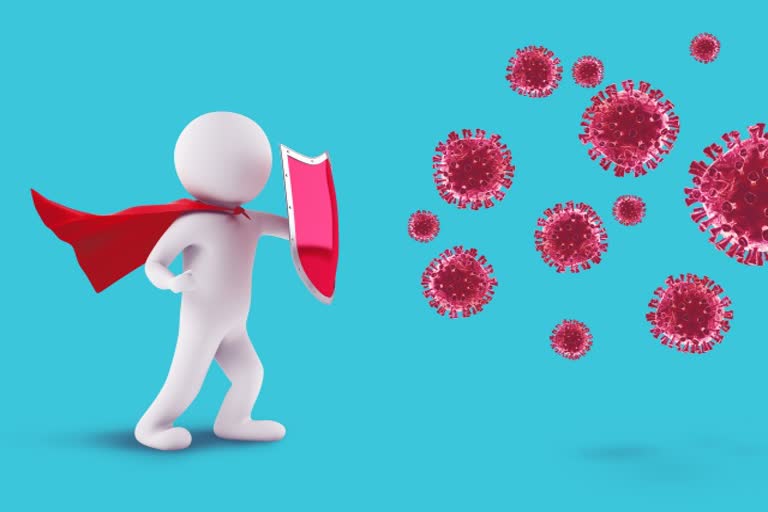The study, published in the journal Nature Medicine, found increased levels of B cells that produce antibodies that are found in mucus passages, such as the nose, in people with no symptoms.
However, these protective B cells were missing in people with serious symptoms, indicating the importance of an effective antibody-associated immune response at the nose and other mucus passages.
While patients with mild to moderate symptoms had high levels of B cells and helper T-cells, those with serious symptoms had lost many of these immune cells, suggesting that this part of the immune system had failed in people with severe disease.
In contrast, people with more serious symptoms leading to hospitalization had an uncontrolled increase in monocytes and killer T-cells, high levels of which can lead to lung inflammation. Those with the severe disease also had raised levels of platelet-producing cells, which help the blood to clot.
The study "helps us understand why some people get really sick while others fight off the virus without even knowing they have it. This new knowledge will help identify specific targets for therapy for patients that get sick with COVID-19", said Menna Clatworthy, Professor of Translational Immunology at the University of Cambridge.
